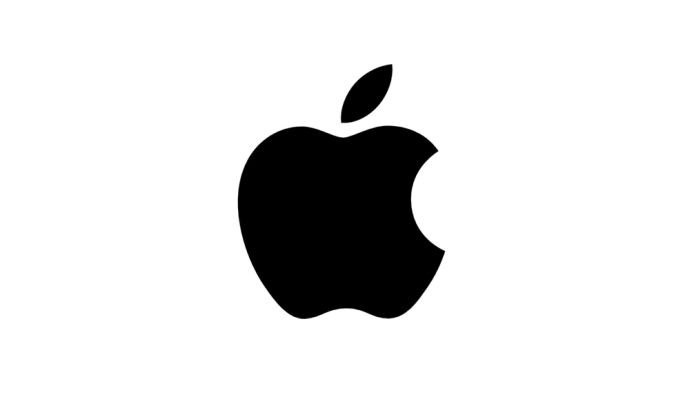Google Chrome update could doom your adblocker: Here's what you need to know
Manifest v3 is making plenty of change

Sign up to receive The Snapshot, a free special dispatch from Laptop Mag, in your inbox.
You are now subscribed
Your newsletter sign-up was successful
Google Chrome will receive a new update that replaces its existing browser extension platform, which could cause certain extensions to stop functioning.
According to a pop-up that's appearing on Google Chrome, which is warning that certain extensions "may soon no longer be supported" (via Bleeping Computer).
This is a result of Manifest v3, which has been in the works since 2018, with a Chromium blog post confirming that the new extension version would "Create stronger security, privacy, and performance."
Six years later, Google is finally moving to implement Manifest v3, but the shift away from v2 could have disastrous consequences for your favorite browser extensions.
What will be affected by Manifest v3
One victim includes uBlock Origin, an immensely popular adblocker that will not be making the move to Manifest v3. However, this isn't necessarily the result of the creator's decision, but the limits of the new platform instead.
Creator Raymond Hill claims on a GitHub post that "you will have to find an alternative to uBO (uBlock Origin) before Google Chrome disables it for good."
While Hill is building a v3-compliant version of uBlock, he claims that it's "Too different from uBO to be an automatic replacement." He hopes users can "Find a replacement to uBO according to what you expect from a content blocker," solidifying that "uBO Lite may or may not fulfill your expectations."
Sign up to receive The Snapshot, a free special dispatch from Laptop Mag, in your inbox.
So what exactly is different about Manifest v3 that makes uBlock Origin incompatible? It has to do with the extension's filtering capabilities, and as a result of this change, Hill says that "uBOL will be less effective at dealing with websites using anti-content blockers or minimizing website breakage."
Google's response to these criticisms
Back in 2019, Google's official response in a security blog post was "No, Chrome isn’t killing ad blockers -- we’re making them safer."
How exactly? Well, Google suggests Manifest v3 will mean extensions do not need access to all of a user's data to accomplish its tasks, and, in this case, adblockers should be able to do their job without being able to see unrelated information (like emails or photos).

Essentially, it's replacing the Web Request API (which filters everything on the browser through the network) with a specific Declarative Net Request API (which specifically targets the information it needs to perform its job).
Google acknowledges that it has been a "Controversial change since the Web Request API is used by many popular extensions." The company then ends the blog post by recognizing that this will "Require developers to update how extensions operate," but Google believes "It is the right choice to enable users to limit the sensitive data they share with third parties."
Long story short, Google is fundamentally changing how extensions acquire information on your browser to perform its tasks. This means that many existing extensions will not work with the coming of Manifest v3.
What Google is trying to do makes sense on paper. It's been advertising its plans for this change for quite a few years now. Although certain extensions aren't willing to make the changes needed to work on the newest versions of Chrome, or perhaps can't for whatever reason, there's no denying that it's coming.
So what can you actually do about it?
What can you do about this Google Chrome update?
We recommend going through all of your existing browser extensions and confirming which will be moving over to Manifest v3 to prevent you from being blindsided in the event an extension you like stops functioning. If it's not moving over to Manifest v3, you have time to find alternatives.
Considering this has been in the works for years, any extensions that will be affected should have made preparations for Manifest v3 by now. For example, AdBlock released a blog post in 2022 confirming its plans to move over to Manifest v3, and back in April of this year, it officially released a compatible version.
Similarly bringing up the issue of filters, the AdBlock blog post claims that "With Manifest V3, AdBlock is required to limit how many filter lists we have available to users," which is what made uBlock decide that it would no longer maintain its original version.
If you're looking for a good adblocker that's Manifest v3-friendly, extensions like AdBlock will absolutely fulfill your needs.
More from Laptop Mag
- Did you know about Microsoft's secret post-Windows operating system?
- Samsung announcement could change Windows gaming handhelds forever
- The next Apple Watch SE could be cheaper than ever, but you might not like why

Self-described art critic and unabashedly pretentious, Claire finds joy in impassioned ramblings about her closeness to video games. She has a bachelor’s degree in Journalism & Media Studies from Brooklyn College and five years of experience in entertainment journalism. Claire is a stalwart defender of the importance found in subjectivity and spends most days overwhelmed with excitement for the past, present and future of gaming. When she isn't writing or playing Dark Souls, she can be found eating chicken fettuccine alfredo and watching anime.









